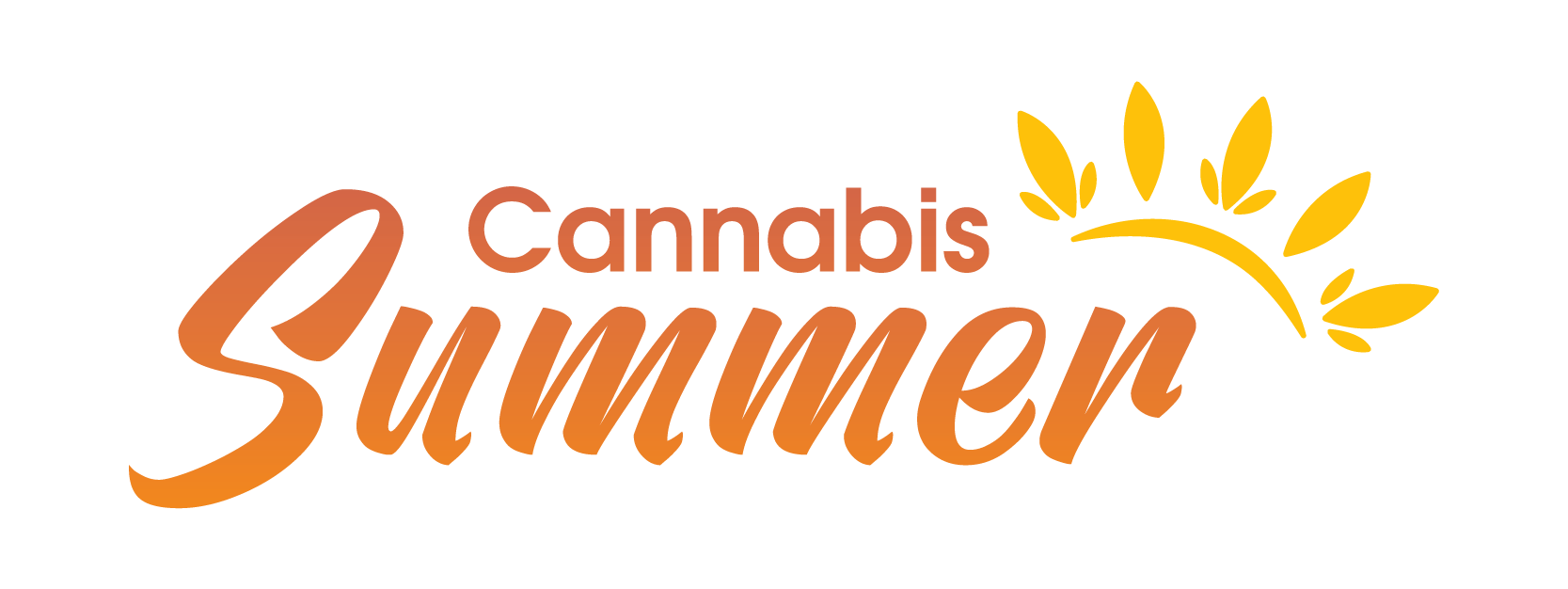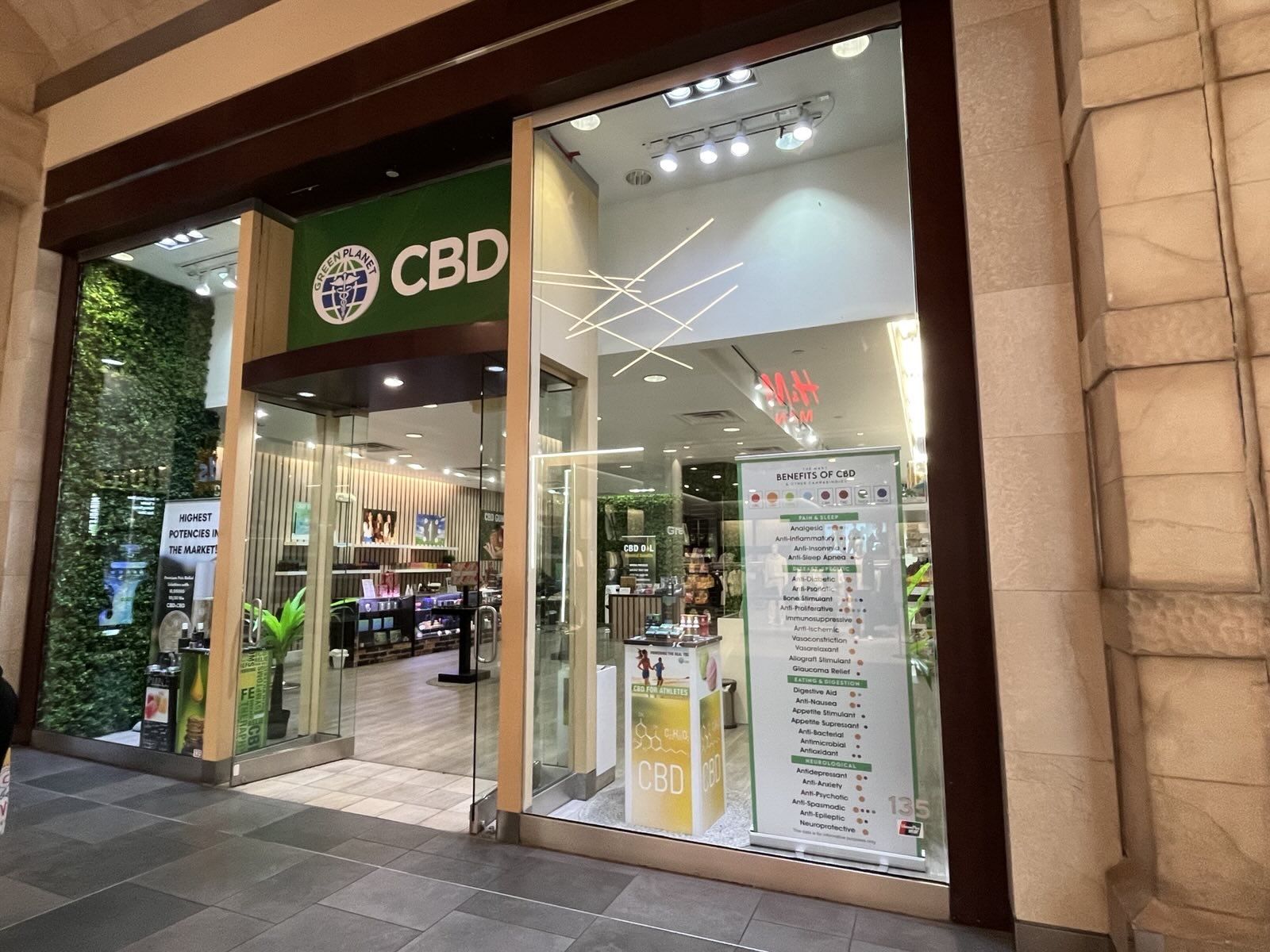-
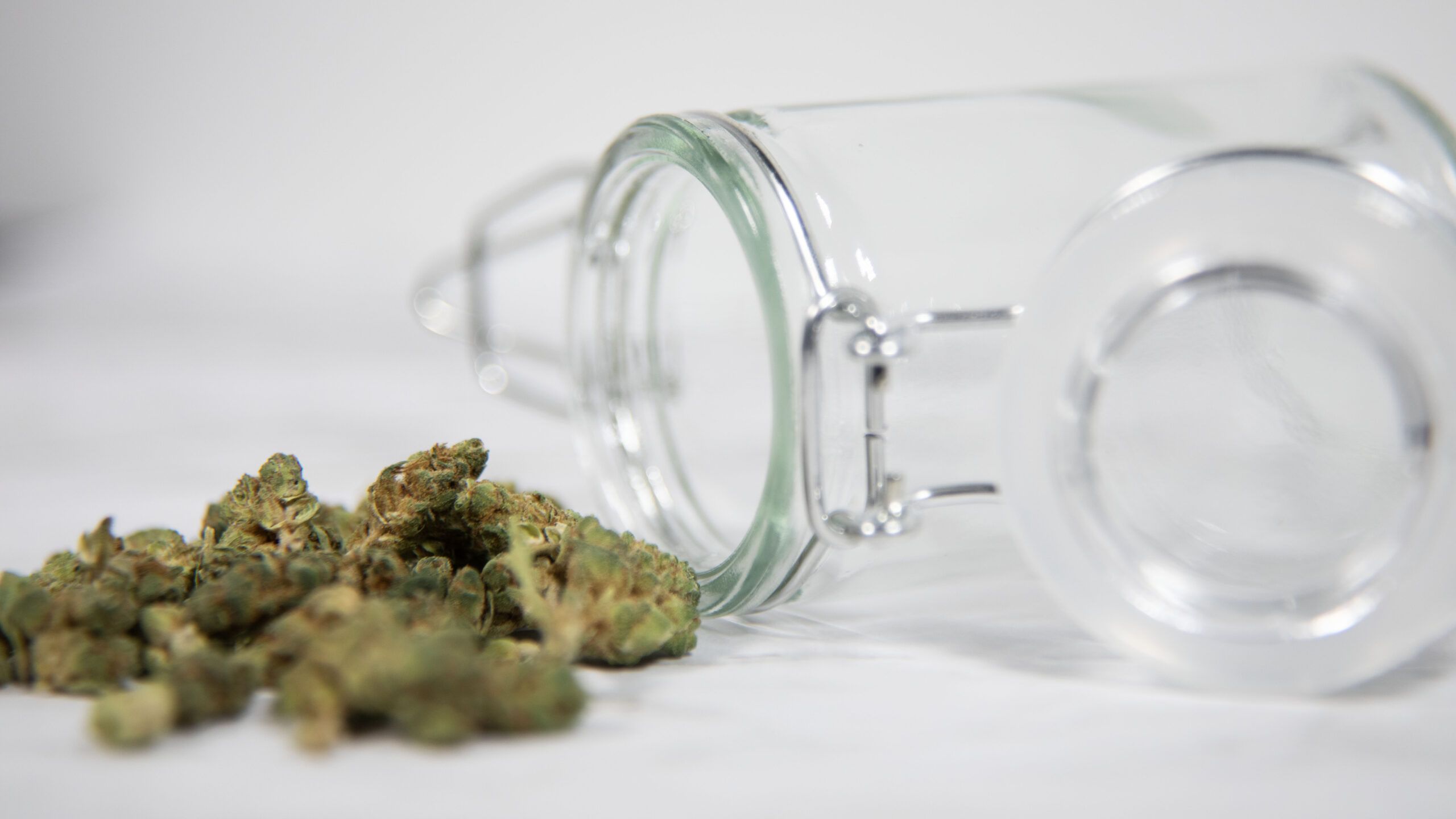
Best Practices for Cannabis Storage When It’s Sweltering
When summer rolls in and temperatures climb, cannabis consumers often worry about how to keep […]
-
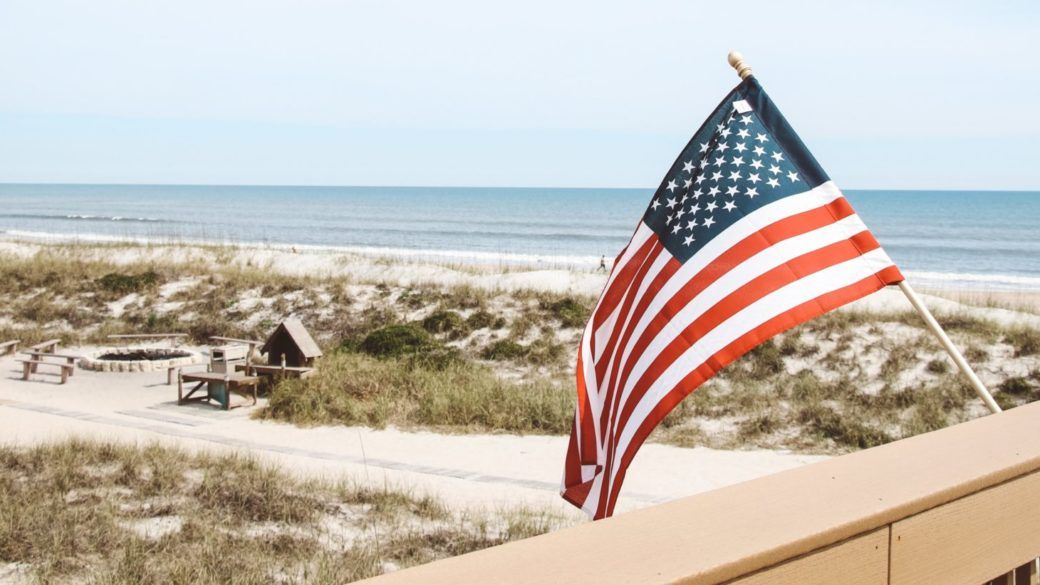
Hemp Tees, Hoodies, and High Style: Cannabis Summer Fashion Essentials
Summer vibes take over once sunshine and temps take over, and cannabis culture makes its […]
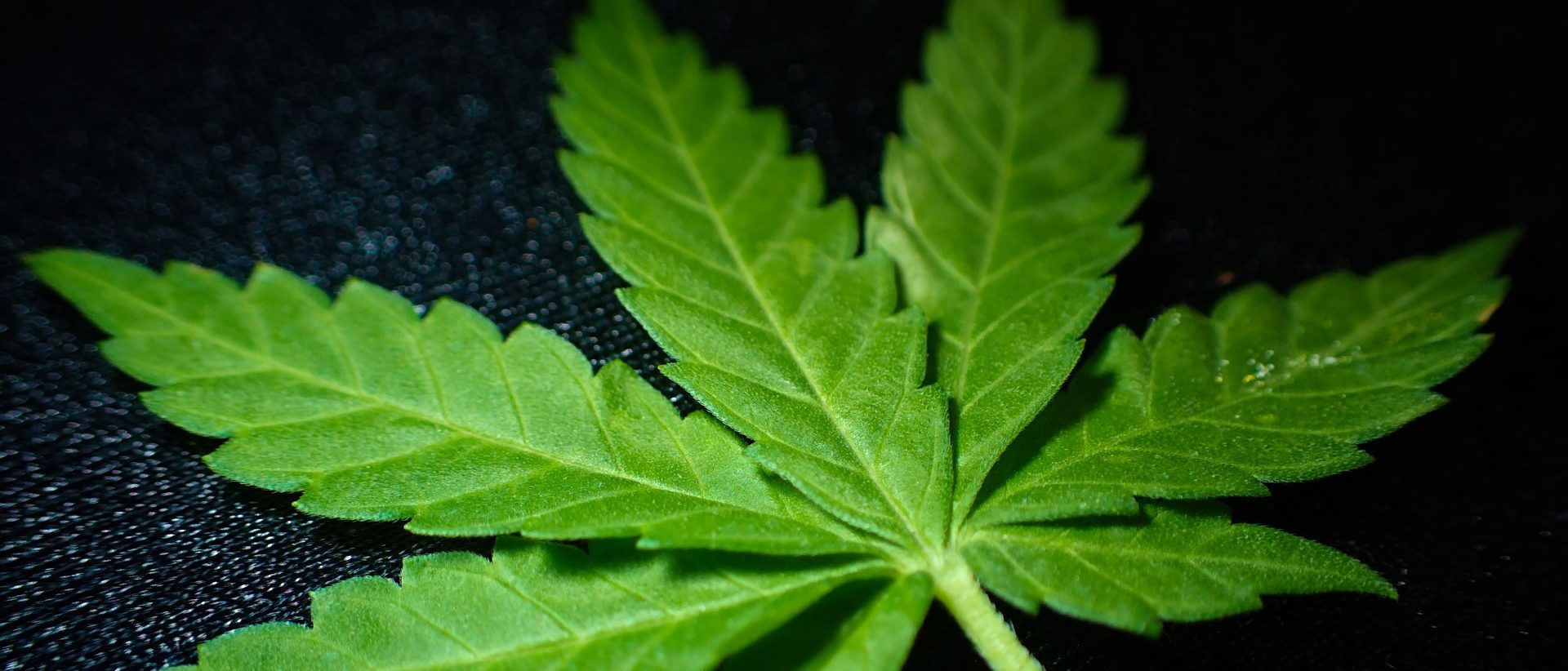
-
Evidence-Based CBD Products for Athletic Recovery
Read more: Evidence-Based CBD Products for Athletic RecoveryAthletes today most commonly use five categories: CBD topicals (balms, creams, roll-ons), oral CBD (oils/tinctures, […]
Blogs
